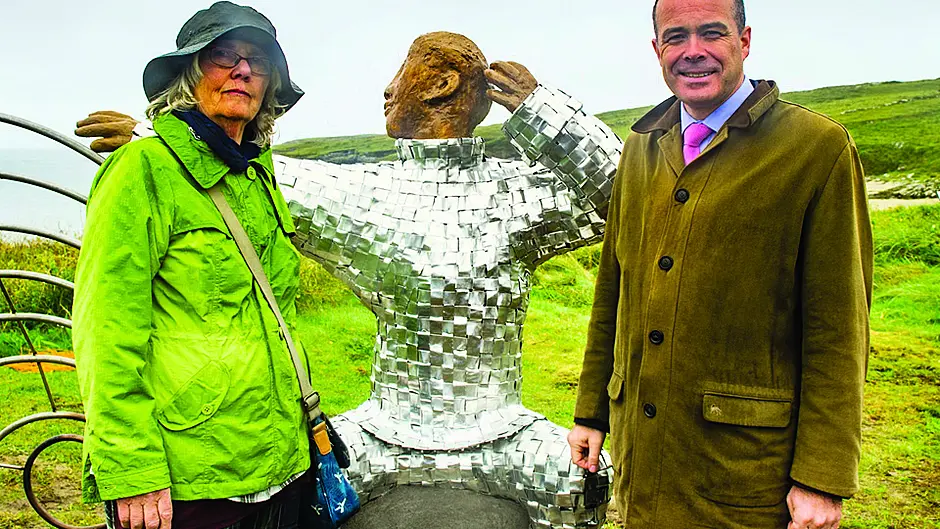GUGLIELMO Marconi may have been a leader in radio communications in his day but that didn't necessarily endear him to the people of Crookhaven, writes Jackie Keogh.
Guglielmo Marconi may have been a leader in radio communications in his day but that didn’t necessarily endear him to the people of Crookhaven, writes Jackie Keogh.
The most recent biography of Marconi – published only last year – had a gentle sideswipe at local people for seemingly ignoring their Marconi heritage. In Marconi – The Man Who Networked the World, author Marc Raboy writes: ‘There is no marker whatsoever at Brow Head ... apart from rental apartments known as Marconi House, the only nod to Marconi in the area is a display at Mizen Head six miles away.
‘It is as though the local chamber of commerce doesn’t want people trekking out to a remote hilltop when they could be better spending their time and money in souvenir shops and pubs in town.’
Marconi came to Crookhaven in 1901 from his Poldhu, Cornwall, base to test his new ‘high power station’ over a shorter distance before trying to make it across the Atlantic to Cape Cod, and eventually made it across the Atlantic that December to Newfoundland.
Raboy writes that, according to one of Marconi’s, staff: ‘The first impression on arriving at the village of Crookhaven is that “the end of everywhere” has been reached.’
And, after spending three weeks there in June and July 1901, Marconi described Crookhaven in a letter to a colleague saying: ‘This is a very wild place. The people are very wild, but very poor. I hope to take you here some day (I don’t expect however you would stay long!) It is nearly as bad, although not quite so bad, as Cape Cod.’
But as the Minister for Communications, Climate Action and the Environment, Denis Naughten, pointed out: ‘The communications sector changed globally on foot of the experiment that Marconi did from Cornwall to West Cork. The fact that he could pick up reception – and that it wasn’t by line of sight – for the first time ever, transformed the telecommunications industry in that era.’
And now, thanks to sculptor Susan O’Toole, there is a permanent marker to Marconi’s memory at the base of Brow Head.







